Automotive Industry Plastic Recycled oil into gases PET waste styrenic polymers 24-12-2021 - Arhive
Automotive Industry Plastic Recycled oil into gases PET waste styrenic polymers
-TotalEnergies and Plastic Omnium to Develop Recycled Materials for the Automotive Industry
The materials made from recycled polypropylene will reportedly meet the demanding aesthetic and safety standards that apply to the automotive industry.
TotalEnergies and French automotive supplier Plastic Omnium have signed a strategic partnership to design and develop new plastic materials, made from recycled polypropylene, for the automotive industry.
TotalEnergies and Plastic Omnium will pool their engineering skills to design new types of recycled materials that offer enhanced performance while providing deliverable responses to the challenges raised by end-of-life plastics. These new materials will contain anywhere from 20% up to 100% recycled materials and are sourced from industrial and domestic waste streams. They also will have a CO2 impact as much as six times lower than using virgin materials.
The use of plastics in automotive bodywork plays a key role in cutting the automotive industry’s carbon emissions. They make it easier to improve aerodynamic performance and reduce the overall weight of vehicles, helping in turn to cut the amount of fuel used by internal combustion vehicles and increase the autonomy of electric vehicles. Automotive Industry Plastic Recycled oil into gases PET waste styrenic polymers
“This partnership with Plastic Omnium is a great example of collaboration and innovation to develop ever-higher and environmentally friendly recycled plastic materials that help our OEM and vehicle manufacturer customers to reduce their carbon footprints,” said Valérie Goff, senior vice president, polymers at TotalEnergies. “This project will also contribute to addressing the challenge of the circular economy and to our ambition of producing 30% recycled and renewable polymers by 2030.”
“Recycling plastic materials is a challenge to us as manufacturers, and a vital issue for our planet,” said Stéphane Noël, president and CEO of Plastic Omnium Intelligent Exterior Systems.
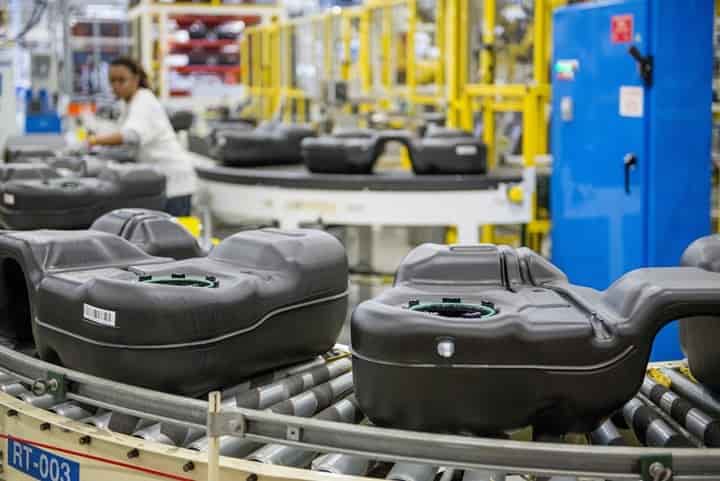
-Cyclyx to start up first-of-its-kind plastic recovery facility in late 2022
Cyclyx International LLC., a consortium-based feedstock management company with a mission to increase the recycling rate of plastic from 10% to 90%, is in plans to start up first-of-its-kind plastic recovery facility on the Gulf Coast in late 2022, according to Chemical Engineering.
At present, the company is developing this facility to process waste plastics for committed offtake associated with advanced recycling projects on the Gulf Coast, such as the Baytown, Texas project recently announced by ExxonMobil.
Engineering work has already begun on the proposed facility. The facility is expected to process up to 60,000 metric tons of recycled plastic feedstock per year.
Cyclyx plans to develop a network of similar facilities, linked to committed offtake, to support growth in advanced recycling.
With its unique knowledge of plastic chemical characterizations, Cyclyx is designing the proposed facility to allow for processing of waste plastic feedstock customized to meet the needs of individual customer specifications.
Cyclyx will source post-use mixed waste plastic for the project via a range of existing sources while continuing to expand its collaboration with companies from across the value chain to develop circular solutions for difficult-to-recycle plastic waste.
As MRC wrote previously, in August 2021, Cyclyx International announced that LyondellBasell had joined Cyclyx as a founding member.
LyondellBasell, one of the world’s largest producers of plastics and chemicals, is a leader in the effort to help advance the circular economy and has pledged to produce and market two million metric tons of recycled and renewable-based polymers annually by 2030. Automotive Industry Plastic Recycled oil into gases PET waste styrenic polymers
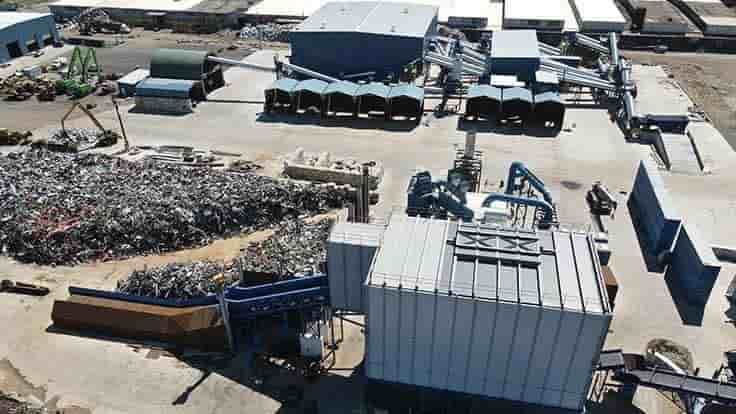
-From the oilfield to the lab: How a special microbe turns oil into gases
Microorganisms can convert oil into natural gas, i.e. methane. Until recently, it was thought that this conversion was only possible through the cooperation of different organisms. In 2019, Rafael Laso-Pérez and Gunter Wegener from the Max Planck Institute for Marine Microbiology suggested that a special archaeon can do this all by itself, as indicated by their genome analyses. Now, in collaboration with a team from China, the researchers have succeeded in cultivating this “miracle microbe” in the laboratory. This enabled them to describe exactly how the microbe achieves the transformation. They also discovered that it prefers to eat rather bulky chunks of food.
Underground oil deposits on land and in the sea are home to microorganisms that use the oil as a source of energy and food, converting it into methane. Until recently, it was thought that this conversion was only possible in a complicated teamwork between different organisms: certain bacteria and usually two archaeal partners. Now the researchers have managed to cultivate an archaeon called Methanoliparia from a settling tank of an oil production facility that handles this complex reaction all by itself.Automotive Industry Plastic Recycled oil into gases PET waste styrenic polymers
Enzymes just in case
This “miracle microbe” breaks down oil into methane (CH4) and carbon dioxide (CO2). “Methanoliparia is a kind of hybrid creature that combines the properties of an oil degrader with those of a methanogen, i.e. a methane producer,” explains study author Gunter Wegener from the Max Planck Institute for Marine Microbiology and the MARUM – Center for Marine Environmental Sciences at the University of Bremen.
Now that the researchers have succeeded in cultivating these microorganisms in the laboratory, they were able to investigate the underlying processes in detail. They discovered that its genetic make-up gives Methanoliparia unique capabilities. “In its genes it carries the blueprints for enzymes that can activate and decompose various hydrocarbons. In addition, it also has the complete gear kit of a methane producer,” says Wegener. Automotive Industry Plastic Recycled oil into gases PET waste styrenic polymers
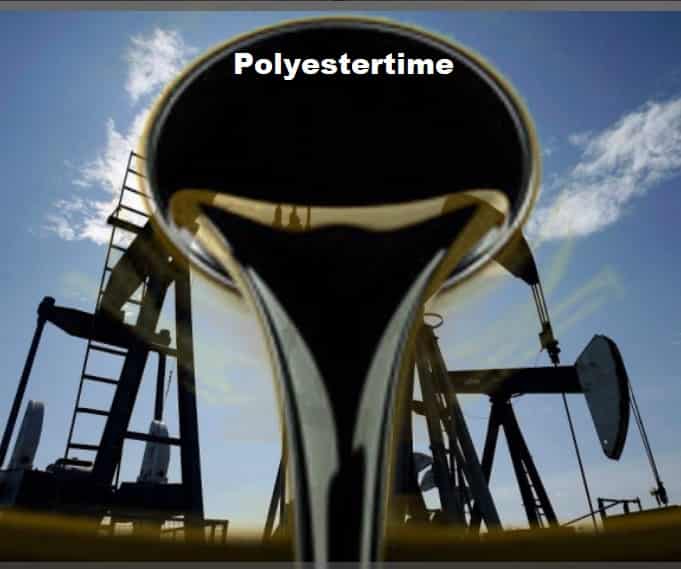
-European panel OKs PET recycling technologies
A food-safety panel approved 17 applications to use Starlinger, SML and Protec technologies to recycle post-consumer PET into food and drink packaging. It rejected two other requests.
The Panel on Food Contact Materials, Enzymes and Processing Aids (CEP), which is part of the European Food Safety Authority (EFSA), issued 17 favorable opinions on PET recycling processes earlier this year. But for two other PET applications, the panel claimed it wasn’t given enough data to demonstrate the RPET would be safe for humans. Automotive Industry Plastic Recycled oil into gases PET waste styrenic polymers
In the European Union, recycled plastics and additives can only be used in food and beverage packaging if they’re first reviewed by the EFSA for safety. Recycling companies submit applications to individual countries, which apply to the EFSA on their behalf.
Twice a year, Plastics Recycling Update covers the panel’s opinions. The most recent roundup was published in January 2021. The following are CEP determinations that have been published since then:
Starlinger DeCON
Several applications have been submitted this year to use Starlinger’s deCON technology to recycle post-consumer PET into food and drink packaging.
The deCON process involves feeding washed and dried PET flakes into a batch reactor, where they’re preheated before they’re sent to a solid-state polycondensation (SSP) reactor, which exposes them to a vacuum and gas flow. The final product is decontaminated flakes.
CEP adopted favorable options for all of the applications received. On Sept. 16, 2021, CEP OK’d applications from Turkish company Marmara PET Levha, Brazilian company Sulpet Plásticos, Bangladeshi company BPCL Bangladesh Petrochemical Company and Japanese company Utsumi Recycle Systems. On May 4, 2021, CEP approved applications from Italian company ISAP Packaging, Italian company ROL srl, and Croatian company Drava International.
In all cases above, the input is hot washed and dried flakes obtained from PET containers collected at the curb, through deposit systems or via mixed-waste collection. Up to 5% can originate from non-food applications. And in all cases, the CEP concluded that the RPET could be used in 100% recycled-content food and drink packaging for long-term storage at room temperature, with or without hotfill.
Starlinger PET Direct iV+
CEP also approved a number of applications to use Starlinger’s PET Direct iV+ technology to recycle PET into pellets used in food and drink packaging.
In that process, hot caustic washed and dried flakes are fed into an extruder and pelletized. The pellets are then crystallized for a predefined time period, before they’re further heated and sent into an SPP reactor for a predefined time. The final product is decontaminated pellets.
On Sept. 16, 2021, CEP approved an application to use the technology from Omorika Recycling of Bosnia and Herzegovina. On Aug. 27, CEP approved applications from Italian company Dentis Recycling Italy, English company ESTERPET Limited, Malaysian company Hiroyuki Industries (M) Sdn. Bhd., and Spanish company Nosoplas. On July 7, the panel approved an application from Romanian company PET Star Recycling. And on June 7, CEP approved applications from South Korean company DY Polymer and Spanish company Reciclados Industriales de Pravia.
As is the case with the deCON applications, all of the inputs proposed in the applications above are washed and dried flakes from PET gathered through curbside, deposit or mixed-waste collection systems, and up to 5% may be from non-food containers. And, as with the deCON applicants, all sought to produce PCR for 100% recycled-content packaging for long-term storage at room temperature, with or without hotfill. Automotive Industry Plastic Recycled oil into gases PET waste styrenic polymers
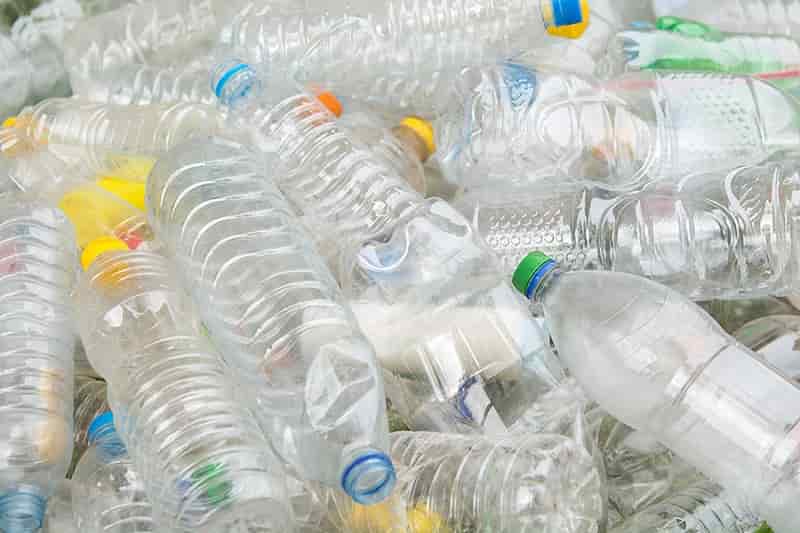
-Danish consortium launches bottle made from local household recycled plastic waste
A collaboration between Nopa Nordic, Schela Plast, Aage Vestergaard Larsen, and Dansk Affald has led to the launch of new plastic bottle packaging made from 100% Danish household-sorted plastic waste.
The companies say this is a first-of-its-kind collaboration in Denmark, bringing together leading players from across the recycled plastics value chain with the aim with increasing the use of plastic waste from Danish households and closing the loop on plastic packaging. The most recent development builds on the initiative from the Danish Technological Institute to prevent plastic waste from being downcycled.
The partnership began with a request from Nopa Nordic for packaging with recycled material from domestic Danish household-sorted waste. The company is one of the Nordic region’s leading private label manufacturers of detergents, cleaning, and personal care products. Automotive Industry Plastic Recycled oil into gases PET waste styrenic polymers
Damifos’ role in the project is to collect and sort the plastics from household waste from local municipalities in Denmark. The company intends to prove that valuable products can be made from plastic waste by using sorting technology at Damifo’s Danish plant, with the company allegedly handling over 300,000 tonnes of waste from private households and businesses nationwide.
Meanwhile, Aage Vestergaard Larsen is the manufacturer of the plastic raw material. It is currently developing a new reprocessing technology with the aim of cleaning and melting household plastic waste made from PE for use in recycled, high-quality plastics. The company claims that it has invested “significantly” in the project and has seen an increase in its production capacity, which it adds shows an increased demand for recycled plastics.
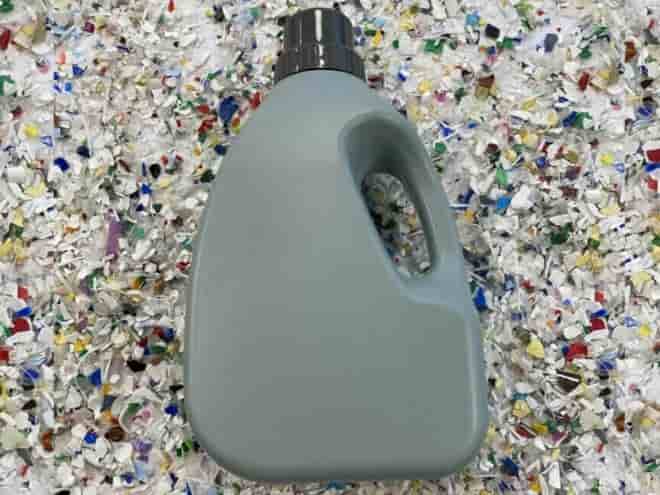
-How Coca-Cola’s packaging design is reducing plastic waste
COCA-COLA – in a bid to reduce the amount of landfill and ocean-bound plastics – has embarked on an ambitious journey to collect and recycle the equivalent of every bottle or can they sell by 2030. The company also hopes to use at least 50 percent recycled material in its bottles by 2025.
A 2020 survey conducted by the United Nations Environment Program tagged the Philippines as a big generator of solid waste, including plastic, in the Asean region – producing 14.66 million tons per year.
Coca-Cola, with its decades-long journey to explore sustainable innovations for its packaging so that it relies less on single-use plastic and instead utilizes the quality of PET – the world’s most recycled plastic that produces a lighter carbon footprint and has inherent material value.
Through packaging design innovations and strategic partnerships, Coca-Cola Philippines is moving closer toward its vision of a world without waste – where they are able to collect and recycle a bottle or can for every one that it sells.
“The challenge of packaging waste and plastic pollution is tremendous, but not insurmountable. At Coca-Cola, we recognize that there is a need for businesses to implement better packaging innovations to help solve the world’s growing plastic waste problem, and we know that we can help reduce the amount of new plastic we produce by constantly communicating with our consumers and partnering with like-minded organizations. Whether it’s packaging design or supporting collection and recycling, this work matters. And we are determined to maintain a sense of urgency to drive meaningful change,” says Antonio Del Rosario, Coca-Cola Philippines President and VP for Franchise Operations for the Asean and South Pacific Unit-East Asia Region. Automotive Industry Plastic Recycled oil into gases PET waste styrenic polymers
Hundred-percent recyclable packaging
In 2018, Coca-Cola unveiled its World Without Waste vision to mark the company’s newest milestone in packaging and recycling innovation.
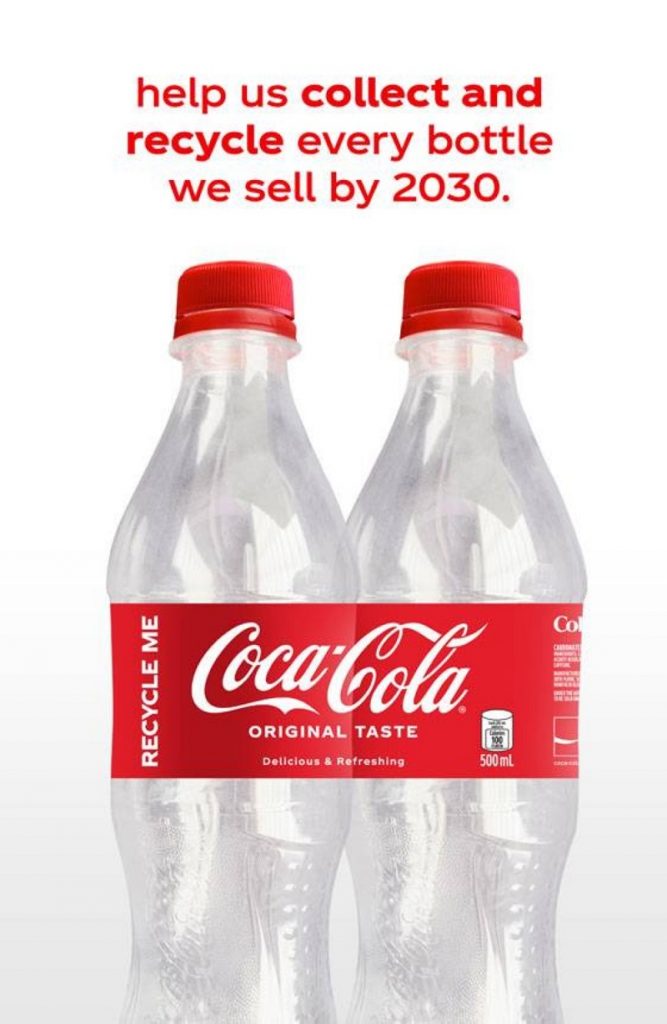
Versalis, Eni’s chemical company, has agreed to license the continuous mass technology for a 70 KTY ABS unit to Supreme Petrochem Ltd. a leading Indian polystyrene and expandable polystyrene producer. The unit will be built in the Amdoshi –Wangani, District Raigad, in Maharashtra state, India.
This state-of-the-art technology will produce styrenic polymers with a low carbon footprint owing to reduced emissions and energy consumption. Market applications of the technology include the automotive industry, household appliances, the electronics sector, medical appliances and furniture.
The license agreement confirms the primary role of Versalis in styrenics and strengthens its position in the Asian market, an area which is undergoing a strong expansion in the petrochemical field and is increasingly focused on selecting more sustainable technologies with a low environmental impact.
Versalis will be supported by Eurotecnica Contractors and Engineers SpA, with which the company has recently signed a cooperation agreement within the styrenics business. Eurotecnica, which will support Versalis in supplying the basic engineering design package, is an Italian company founded in 1962 and part of the Proman Group. The company specialises in providing engineering services relevant to proprietary technologies with established leadership in the Asian market, in melammine technology. Automotive Industry Plastic Recycled oil into gases PET waste styrenic polymers
Versalis is a technology leader in the chemical industry and one of the largest producers of polymers in Europe. It has a wide portfolio of proprietary technologies and consolidated experience as a licensor leveraging its extensive R&D, lab & pilot plant testing capabilities and full-scale plant operations experience.
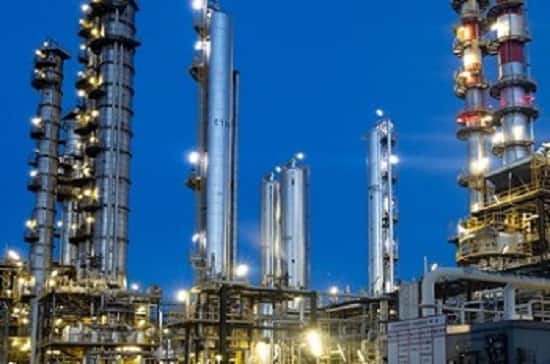
Automotive Industry Plastic Recycled oil into gases PET waste styrenic polymers
